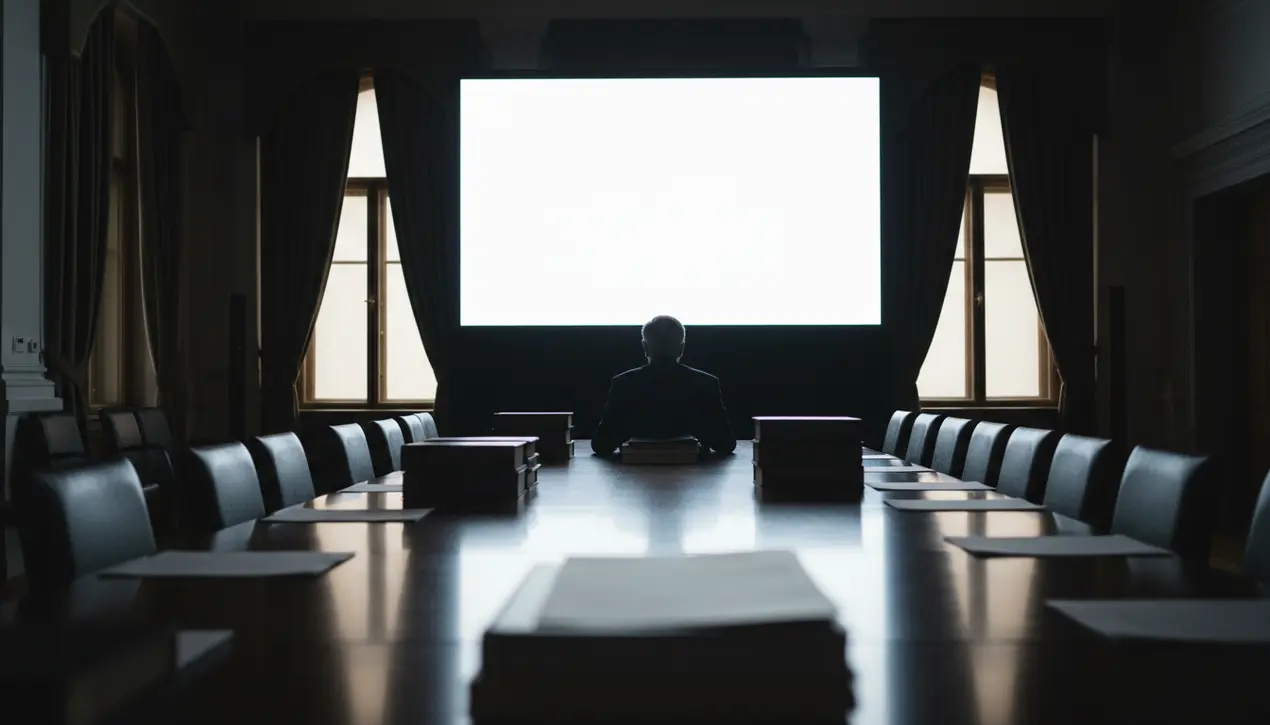
Politicshuman rightsHuman Rights Reports
US Redefines Human Rights to Oppose Diversity Policies.
RO
Robert Hayes
1 day ago7 min read1 comments
In a move that has sent ripples through diplomatic circles and human rights communities, the United States has undertaken a profound redefinition of its human rights framework, a strategic pivot ostensibly designed to counter what officials term 'destructive ideologies' embedded within diversity policies. This recalibration, however, is being met with fierce opposition from critics who argue it constitutes a fundamental erosion of long-standing human rights principles, repurposing them to serve the specific political objectives of the Trump administration.The core of the contention lies in the administration's assertion that an overemphasis on identity-based equity initiatives, such as critical race theory and gender-affirming policies, inadvertently fosters division and undermines individual meritocracy. Proponents of this shift, often aligned with a nationalist and conservative worldview, frame it as a necessary corrective to what they perceive as a global overreach by progressive activists, a reclamation of a more traditional, state-centric interpretation of rights that prioritizes sovereignty and national security.Yet, to seasoned observers, this evokes historical parallels where the language of human rights has been co-opted to justify regressive agendas, reminiscent of eras where 'states' rights' were invoked to circumvent civil liberties. The potential consequences are far-reaching; this doctrinal shift could severely hamper international cooperation, alienating traditional allies in Europe and beyond who view these diversity and inclusion efforts as integral to modern human rights advocacy.Furthermore, it risks providing diplomatic cover for authoritarian regimes to dismiss external criticism of their own discriminatory practices, simply by pointing to Washington's new precedent. Domestically, the policy is poised to intensify the nation's already deep cultural schisms, impacting federal contracting, educational curricula, and corporate governance by chilling initiatives aimed at addressing systemic inequities. The debate is not merely academic but strikes at the very heart of America's role on the global stage: is it stepping back from its post-World War II leadership in constructing a universal rights-based order, and if so, what new, more fragmented and contentious system will emerge in its wake? This is not a simple policy adjustment but a philosophical battle for the soul of human rights in the 21st century, with the United States, once a primary architect, now potentially its most significant revisionist.
#US foreign policy
#human rights
#diversity policies
#Trump administration
#international relations
#editorial picks news
Stay Informed. Act Smarter.
Get weekly highlights, major headlines, and expert insights — then put your knowledge to work in our live prediction markets.
Related News
Comments
Loading comments...
© 2025 Outpoll Service LTD. All rights reserved.